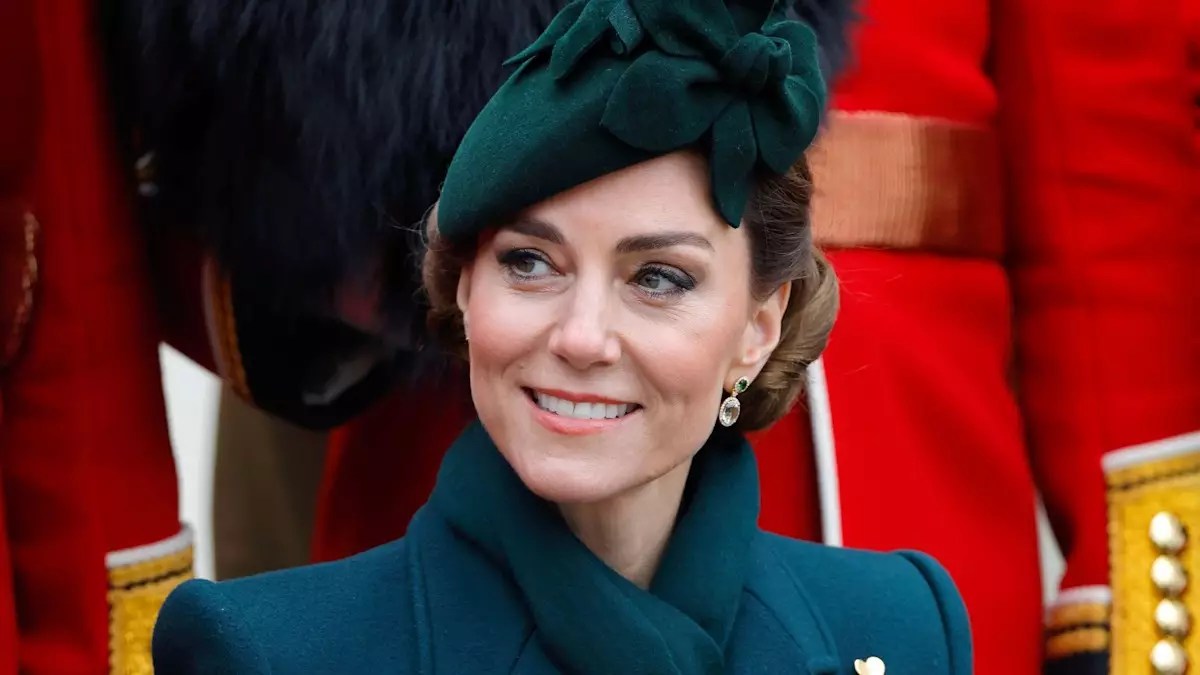In recent royal engagements, particularly regarding significant events like the funeral of Pope Francis, the roles of family and tradition intertwine to shape public perception of the monarchy. The choice made by Princess Kate to refrain from attending the funeral, allowing Prince William to go solo, encapsulates how modern royals navigate their commitments. This situation represents not merely a personal choice but reflects a broader strategy wherein royal family members balance their duties as representatives of the Crown with their responsibilities as parents.
Traditionally, royal protocol has emphasized the importance of family ties and the monarchy’s public duties. William’s solo attendance at the funeral resonates with similar historical precedents from the royal family. For instance, King Charles himself attended Pope John Paul II’s funeral alone in 2005, adhering to a tradition that showcases the balance between personal obligations and the larger role of the monarchy in worldly affairs. Thus, Kate’s absence should not be viewed through a lens of neglect but rather as a deliberate choice that underlines the contemporary climate of royal engagements.
The Parenthood Factor
At the heart of Princess Kate’s decision lies her essential role as a mother to three young children. The announcement of Prince Louis’s seventh birthday celebration coinciding with a significant international event illustrates the conflicts that modern parents, including royal family members, often face—the struggle between professional obligations and family life. In preparing for Princess Charlotte’s upcoming birthday, Kate’s choice speaks volumes about her commitment to family, indicating that the royal family also prioritizes domestic events, thereby humanizing their public persona.
Furthermore, the logistics involved with a last-minute international event certainly influence the decision-making process. With children engaged in weekend lessons and extracurricular activities, it is easy to understand how a quick turnaround for a funeral might become impractical. This aspect emphasizes a critical point: Royal family members are not merely figureheads but active participants in familial life. Such representations challenge long-held beliefs about the royals being detached from everyday concerns.
The Role of Tradition in Modern Monarchy
Prince William’s attendance at the Pope’s funeral not only strengthens his status as an emerging global statesman but also aligns with evolving traditions that grapple with contemporary realities. In his position as Defender of the Faith within the Church of England, the historical precedent dictates a careful approach towards Catholic ceremonies. Despite this necessary discretion, William’s attendance reflects a delicate balancing act that emphasizes respect for interfaith dialogue, even if it doesn’t translate into personal participation in religious services.
His attendance signifies more than just royal representation; it embodies a proactive step towards loosening the immediately rigid boundaries surrounding royal interactions with other faiths. Royal author Robert Hardman’s remark about William’s level of comfort in faith environments further illustrates the nuances in the royal family’s approach to such settings—indicating growth through exposure rather than mere obligation.
Enduring Connections with the Papacy
The relationship between the British monarchy and the papacy has been complex and historically loaded. King Charles’s connection with Pope Francis has unfolded across several years and meetings, showcasing a rapport that transcends formalities. Charles’s heartfelt expression of grief following the Pope’s death resonates with warmth, suggesting that these meetings bore significant emotional weight for both sides. As Charles acknowledged, the Pope’s contributions to humanity were meaningful, enhancing the importance of the monarchy’s presence at such events.
For Prince William, the absence of a personal encounter with Pope Francis does not diminish the significance of representing the monarchy at the funeral. Instead, it illustrates an ongoing evolution within the royal family’s approach to papal relations, enhancing their role as diplomats on the global stage. The attendance reinforces the monarchy’s acknowledgment of spiritual leaders across faiths, suggesting a more inclusive future where the monarchy can be seen as a unifying force, rather than a figure separate from the matters that concern the public.
Understanding these dynamics provides a nuanced perspective on the roles of modern royals within global contexts. Rather than simply adhering to rigid structures of the past, the royal family appears poised to embrace a more relational approach moving forward, recognizing that tradition must continually evolve alongside societal changes.


Leave a Reply